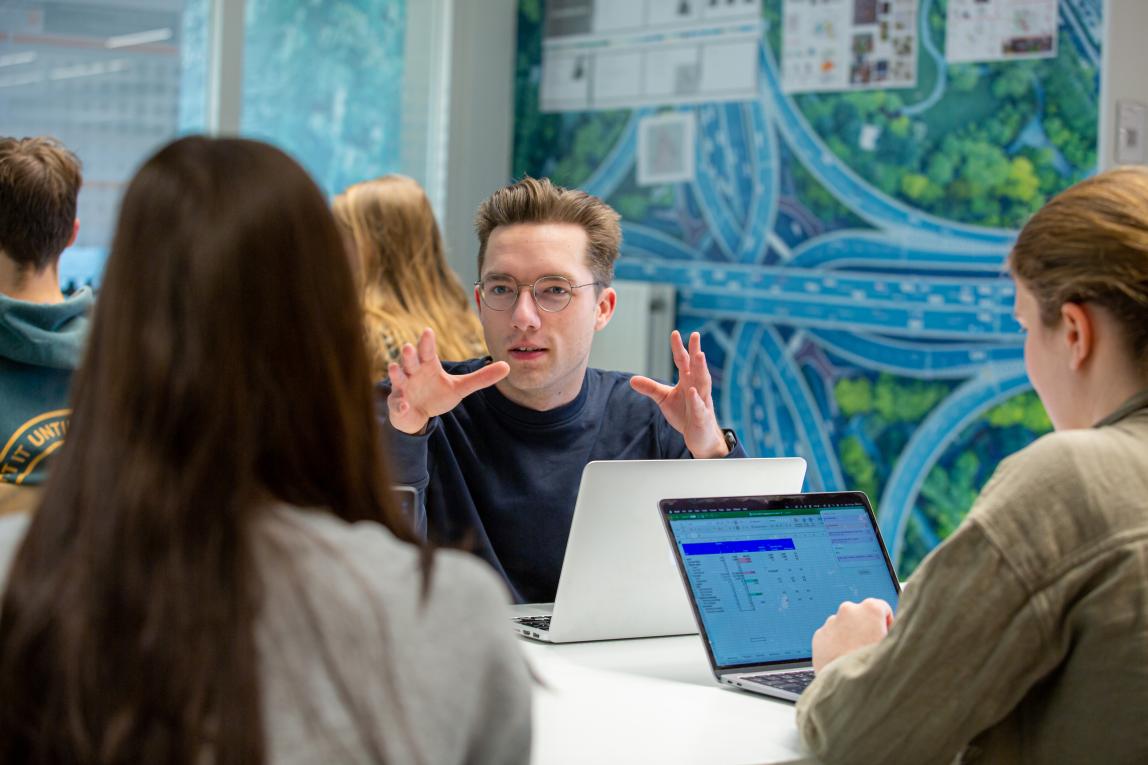
'Why We Need to Adapt AI Use in Our Curriculum'
11/21/2024 - 16:30
Breda University of Applied Sciences (BUas) is at the forefront of integrating artificial intelligence (AI) into education, equipping students with the skills and ethical understanding required for a rapidly evolving technological landscape. Mariana Chinellato Ferreira, Lecturer at the academy for Built Environment and Logistics, and PhD candidate at the University of Coimbra in Portugal, contributes significantly to these efforts.